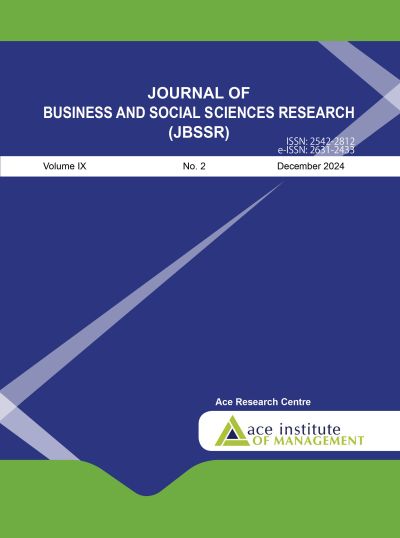Balancing Study and Work-Life in the United States: A Case Study of Nepalese Students
DOI:
https://doi.org/10.3126/jbssr.v9i2.72411Keywords:
financial challenges, international students, push and pull factors, work-study balanceAbstract
This study investigates the work-study-life balance among Nepalese students in the United States, highlighting the push and pull factors influencing their migration and experiences. Utilising a qualitative case study approach, the paper conducted in-depth interviews with seven Nepalese students enrolled at a university in Texas, USA. Findings reveal that significant push factors, such as inadequate educational opportunities and economic instability in Nepal, drive students to seek better prospects abroad. Conversely, pull factors, including high-quality education, job opportunities, and an improved quality of life, attract them to the U.S. Participants reported diverse experiences, with many facing challenges such as cultural adjustment, financial burdens, and mental health issues. While undergraduate students often encountered greater financial pressures than their graduate peers, those who secured scholarships or on-campus employment reported more manageable circumstances. Despite these hurdles, students expressed optimism about their personal and professional growth opportunities. This paper underscores the need for targeted institutional support to enhance the well-being of international students, facilitating their successful adaptation and balance between academic and work commitments in a foreign environment.
Downloads
Downloads
Published
How to Cite
Issue
Section
License
© JBSSR/AIM
Authors are required to transfer their Copyright to the Journal of Business and Social Sciences Research.




